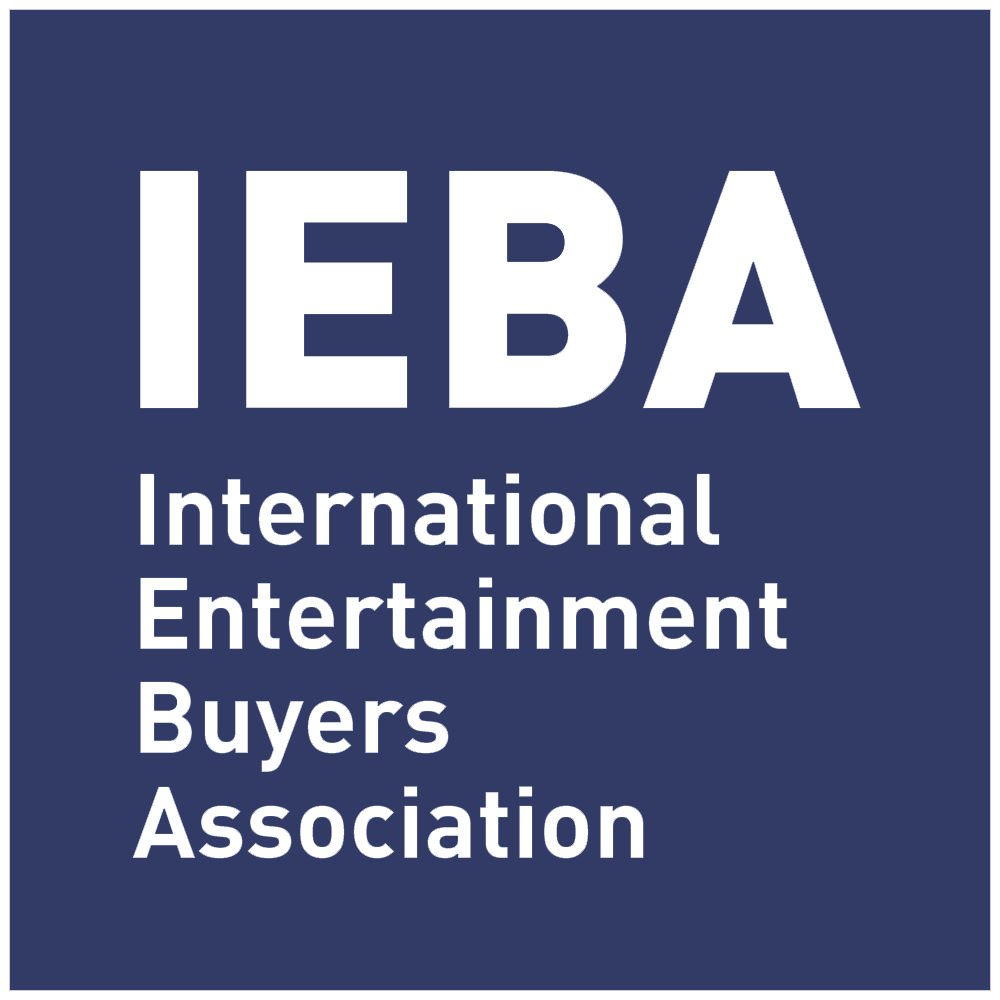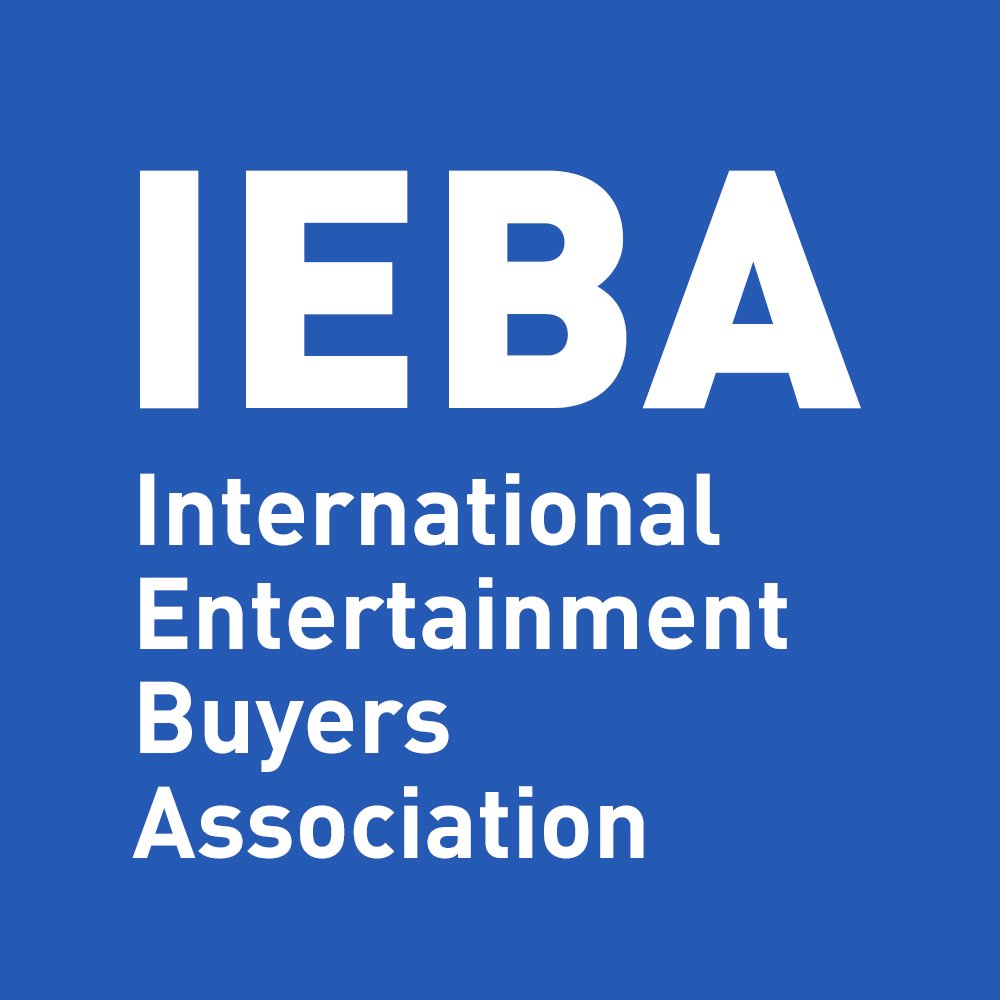Hip-Hop Power Panel
Panelists:
Joe Hadley, CAA
Ryan Northcott, LAFC Sports / Banc of California Stadium
Casey McCabe, AEG / Bowery Presents
Kevin Shivers, WME
Moderated by:
Yves Pierre, ICM Partners
Analytics vs Gut
Moderator Yves Pierre began by asking how analytics are used in booking and marketing decisions. Joe Hadley responded, “From my perspective, the analytics really help if we’re looking to go into new markets where we haven’t been before. Occasionally, the analytics will tell us Detroit or San Antonio are really strong markets that we may have overlooked. But it’s not something we rely on heavily when looking for ticket sales. The correlation is not as strong as you might think between streaming numbers or Instagram likes and tickets sales.”
“Perhaps analytics are driving decisions a lot more on the A&R side, because their business is different than ours,” noted Kevin Shivers. “They’re focused on streams. But in our world, hard tickets and streams aren’t a direct correlation. For me, it’s about the music then the team, and then the analytics. I think we’ve seen mediocre artists with incredible teams go very far, but we haven’t really seen many mediocre teams take incredible artists very far. It’s more about the team than the analytics.”
Casey McCabe concurred, adding, “If I see something new, I’m going to fight to get that artist in an opening slot and tell every label person and agent I know about them, to try and blow them up. For me, it’s really about a gut feeling.”
A member of the audience asked which channels of new artist discovery the panel pays the most attention to. Spotify, Tik Tok, and Soundcloud were favorites. Pierre added that she is in constant communication with promoters who are finding standout local talent with potential.
Building from the Ground Up: Pick the Right Partner
“Before, the launching strategy for artists relied heavily on a label. Now, that’s not necessarily needed,” said Pierre. She asked the panel to share their philosophies for selling tickets for new talent in today’s world, where streaming and viral videos can create burgeoning stars overnight.
“I think that comes when you pick the promoter,” explained Hadley. “When you are starting off early with a young artist, you pick the promoter that you know is going to hustle for the artist and do whatever they can just to sell out that 200 or 300-cap club.”
Ryan Northcott agreed that finding the right co-promoters with local market knowledge is of paramount importance, and added that he also concentrates on the savvy selection of local support. “Those acts and their fans are going to effectively spread the word locally and be able to draw tickets.”
While major labels are not as necessary or influential as they used to in breaking artists, sometimes they offer valuable resources to promoters and venues. The panel encouraged the audience to make use of these opportunities. “Some labels, like Sony, do a really good job with college reps and these can be an incredible resource in terms of grassroots. They’re on the campus. They’re passing out flyers,” Northcott said. “They’re doing the things that traditional promoters are not. We really build that into our plans when we have an artist signed to a major label that has college departments and college reps.”
“At AEG, our strategy is 90% digital,” McCabe offered. “Every now and then, we will go the poster or flyer route, but we’re spending the majority of our marketing money digitally.”
How Local Promoters & Buildings Can Secure Shows
Throughout the conversation, Pierre took questions from IEBA members in the audience. One audience member shared that he would love to promote more hip-hop shows. His experience is that artist discovery is so immediate in this genre, and this often means that shows are going directly to Live Nation or AEG. “We know the cities. We know the demographics. We can do a better job in these regional markets,” the attendee explained. “How can more of these shows go to independents?”
Shivers recommended regular contact with territorial agents. Without an ongoing relationship, the timing on calls from promoters can sometimes be less-than-ideal. “I think a lot of times, when independents try to buy shows, the artist is either not on tour or they just finished. To get into the mix early, call your territorial.”
His second piece of advice was to focus on in-person meetings, even if it means traveling to agency offices. “We want face-to-face. That’s how promoters build a relationship with the agencies. Come to the office and meet all of our agents. That’s how we get to know you.”
Hadley endorsed this advice and encouraged buildings to use these opportunities to educate agents about their venues. “I feel like I’m constantly looking for those midsize rooms and don’t ever want to skip any steps. If I know that there is the Kalamazoo State Theater, or a comparable option, we will look into it and find a way to route it in.”
Pierre shared her experience, saying, “Some of these local promoters don’t pay attention to detail. You can sell a ticket, but how did things go day of show? A lot of the times we’re trying to make sure that all of the I’s and T’s are dotted and crossed. It’s knowing that YOU care just as much as WE do.”
Festivals vs Hard Tickets
Pierre shifted the conversation to the topic of festivals vs hard ticket dates. “Do you feel like the festival model for artists has surpassed the philosophy behind a hard ticket date?”
“I think in some cases it has, but it shouldn’t,” replied Hadley. “Festivals can be a great tool to help you build an artist’s career, but it shouldn’t be what’s driving it. Ideally, we are building a hard ticket history. We are training consumers to pay to see our client.”
Shivers agreed, noting, “I always think that you should strive to headline your own shows, play bigger venues, and push a ticket price as high as possible.” However, there are some circumstances when it can be appropriate to have a festival focus. “There could be a situation with an artist when their perceived status or influence is higher than their hard ticket worth,” he explained. “You’re going to go out and play 30 festivals because your hard ticket sales haven’t caught up with your persona.”
On the other side of the coin, key festivals are known to drive growth for the right artists. “It’s how they’re going to gain new fans,” said McCabe. “Your main goal is to have your own headline show, your own core audience – you get that by playing these festivals. Follow up with the headline play afterwards.”
Pierre surveyed the panel for their favorite and most influential hip hop festivals. “I’m biased, but Rolling Loud,” answered Northcott. “120,000 crazed kids, some with bad facial tattoos, but it’s interesting. The founders Tariq and Matt are great guys. They go about their business with 75-80 artists on the bill, and it sells out without the lineup even being announced.”
“Coachella and Lollapalooza are some of my favorite experiences,” answered Hadley. “Also, I’m a huge fan of Afropunk, Wireless in London, and then Love Box which is the weekend after. Those are my favorite lineups.”
Shivers has been to every Austin City Limits. “I work with Tyler [the Creator],” he said. “He has Camp Flog Gnaw. I’ve seen it grow from 2,200 to what is is now.”
Hip-Hop vs Other Genres
Much conversation centered around the nuances of promoting and hosting a hip-hop show and how hip-hip differs from other genres like rock, pop, and country. The panel took time to answer a number of audience questions on the topic.
Timing is important for every show, but it’s especially crucial in the fast-moving world of hip-hop. Northcott shared a story about hosting the Welcome to the West festival at Toyota Arena two years ago with a new promoter. “He didn’t know many of the basics like buying radio advertising, what an artist rider was, even catering, but he knew talent. He says ‘Hey, the headliner is going to be Nipsey Hussle.’ I said ‘Okay, we’ll see what happens.’ And then [Nipsey’s] album dropped and all of the sudden it sold out. Hats off to that guy. He’s doing his third annual this year.”
McCabe believes that timing is different in the hip-hop ticket sales pattern. “The trend we really see is late sell,” he said. “The last two weeks is when you’re going to sell 80% of your tickets sometimes. So we save a big portion of our ad budget to spend at the end and make sure we’re doing everything to push the last two weeks.”
An audience member asked about extra security concerns for hip-hop shows. McCabe came out strongly against additional security expenses charged to the artist. “A very small percentage of the genre is having those issues so much that the police are involved. Most shows go off without a hitch. I book across genres, and it is unacceptable to me that there would be higher security or barricades because of this perception that [these shows] are more inherently dangerous or violent, when that’s not the case.”
At his buildings, Northcott has seen the same pressures. “There is a tax that is levied by local municipalities and local police forces. They see that you’re doing a hip-hop show and give you a bill in advance. I don’t agree with that. That is a fight that a building manager has to make locally.”
To conclude the discussion, Pierre polled the panelists for their thoughts on what’s on the horizon. Predictions included continuing and surprising cross-genre collaborations, international expansion into the Middle East and Africa, and more invention in the festival market.
Since the genre is comparatively new, Hadley is bullish on the opportunity for heritage touring. “I think this is really the first generation of heritage rappers – the Wu-Tangs, the DMXs,” he said. “We haven’t had this class of touring acts before. There is a very real race to get those artists because it’s very real and consistent money. The acts are very professional in their approach.”
While big opportunities are shaping up for the genre’s stars of the past, the future looks bright for the next generation as well. Pierre commented on the strength and integrity of new artists in the genre. She said, “They aren’t conforming or changing to societal norms. The landscape of the country is completely changing and a lot of these artists speak to that. Kids are able to see themselves in these artists. As long as they continue to do that, I don’t see this trend ending.”







